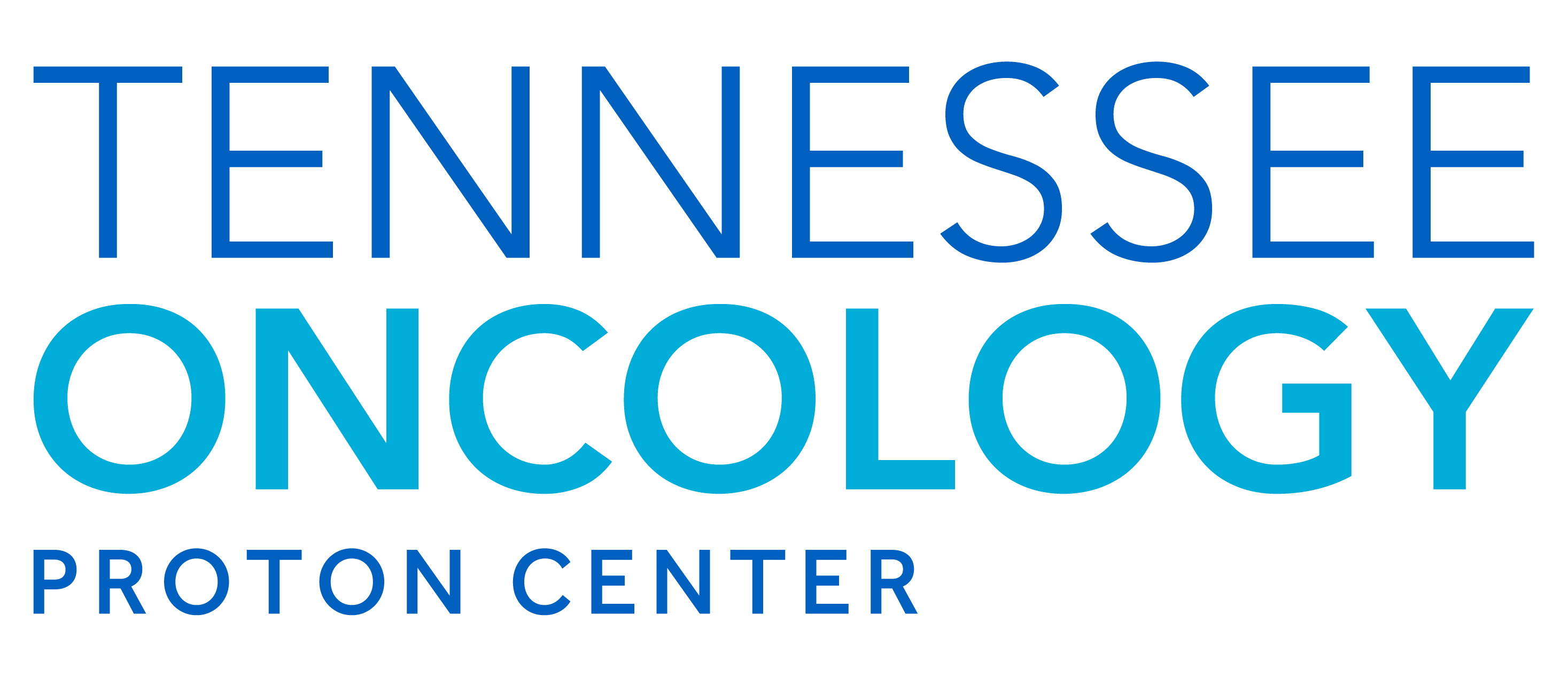Published: October 2025
Introduction: Why Planning Matters
When you come in for proton therapy, the treatment plan you receive is one of the most important parts of your care. It determines exactly where the radiation hits, how much healthy tissue is spared, and how well the tumor is targeted.
Better planning means fewer side effects, higher chance of control, and peace of mind. Recently, a new review found that artificial intelligence (AI) is playing a key role in improving how proton therapy plans are created.
What Is Artificial Intelligence in Radiation Therapy?
Artificial intelligence refers to computer systems that can learn from data and support decision making. In radiation therapy it can help with tasks like outlining the tumor and organs, estimating the dose, and making optimization faster.
In simple terms, instead of a human taking hours or even days to build a plan from scratch, AI methods can assist in many parts of the workflow and allow clinicians to spend more time with you rather than wrestling with software.
AI in Proton Therapy Planning: The Latest Review
A recent review titled “AI in Proton Therapy Treatment Planning: A Review” looked at multiple studies where AI tools were used to help with proton therapy planning. The review considered image processing, dose prediction, contouring (drawing tumors and organs), and plan optimization.
Key findings included:
- AI systems showed promise in automating contouring of tumors and organs, reducing manual workload.
- Improved imaging and dose calculation when combined with AI allowed more accurate treatment, especially when anatomy changes day to day.
- Faster optimization of treatment plans meant that the entire planning process could be quicker and allow more adaptive (on-the-fly) adjustments.
The review also noted challenges. Data sets for training AI are limited, and clinical integration is still in early stages. Models need to generalize across different equipment, patient anatomy, and clinical settings.
What This Means for Patients
For someone considering proton therapy at Tennessee Oncology Proton Center this technology offers a few tangible benefits:
- Faster Treatment Start: With improved automation your treatment plan may be ready sooner, reducing stress and waiting time.
- Better Precision: AI-enhanced planning means more accurate targeting of your tumor and better sparing of healthy tissue around it.
- Adaptive Planning Options: If your anatomy changes during treatment (weight loss, swelling, shrinkage), the plan can adjust more quickly.
- Enhanced Consistency: Automated tools reduce variation between planners, meaning one patient’s plan is less dependent on individual human differences.
Ultimately this aligns with the center’s goal of providing care that is not only advanced but also patient-centric and efficient.
Considerations and Limitations
While AI in proton therapy planning is exciting there are a few important points to keep in mind:
- The technology is still emerging. Although studies are promising the transition to everyday clinical use is ongoing.
- Not every disease site or clinical scenario has been fully validated with AI-based tools. Your case will be evaluated individually.
- AI systems depend on high-quality input data. If imaging or patient setup is sub-optimal the output may be affected.
- Human oversight remains essential. Your doctor and planning team will always review, adjust, and approve the final plan.
You should feel empowered to ask your doctor or planning specialist how AI may play a role in your plan and what safeguards are in place.
Does Tennessee Oncology Proton Center Use This Technology?
At Tennessee Oncology Proton Center we are committed to staying at the forefront of technology. Our team uses advanced planning software paired with research-informed workflows to create proton therapy plans.
While you may not see the term “AI” mentioned in every consultation, rest assured the latest methods support our work behind the scenes. We blend human expertise with machine support to produce a plan that fits your anatomy, tumor location, and treatment goals.
We also keep a rigorous quality assurance process. Every plan is reviewed by experienced clinicians and physicists. The use of AI does not replace human judgment. It enhances it.
References





